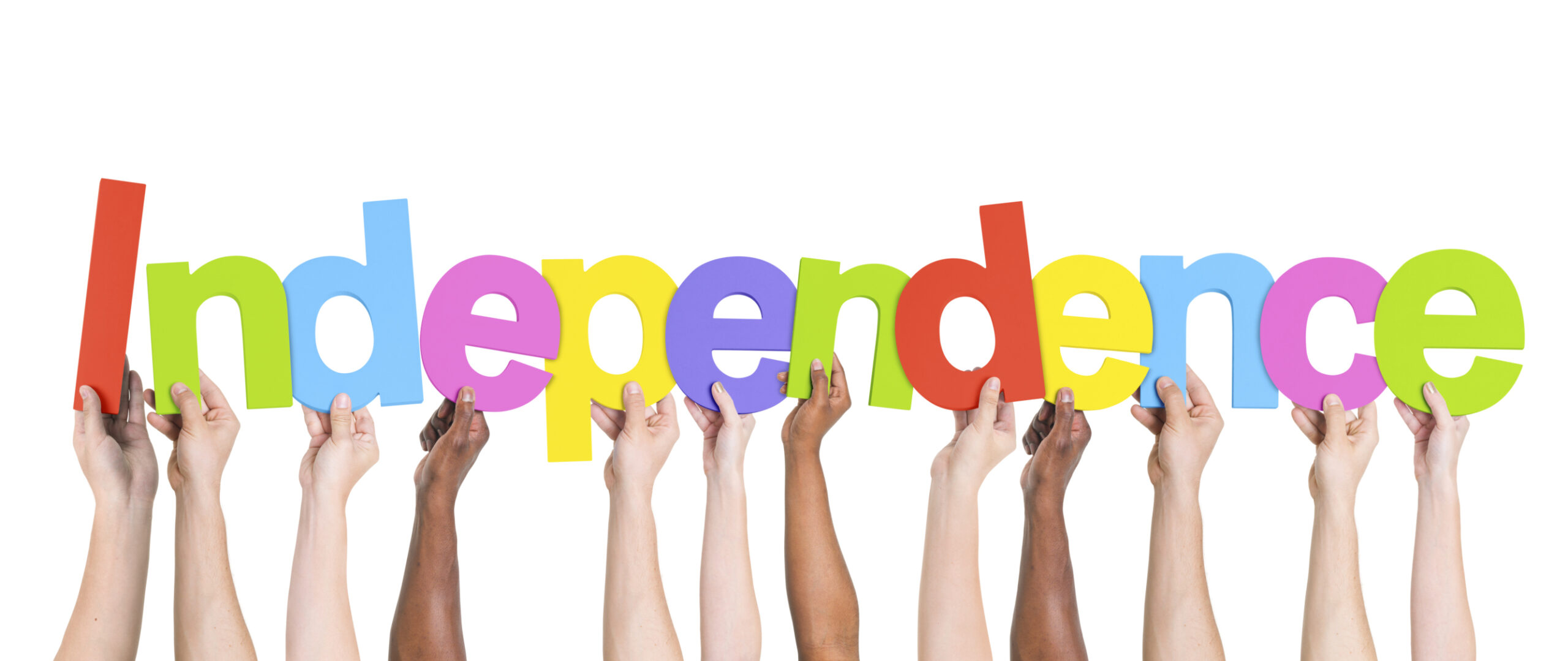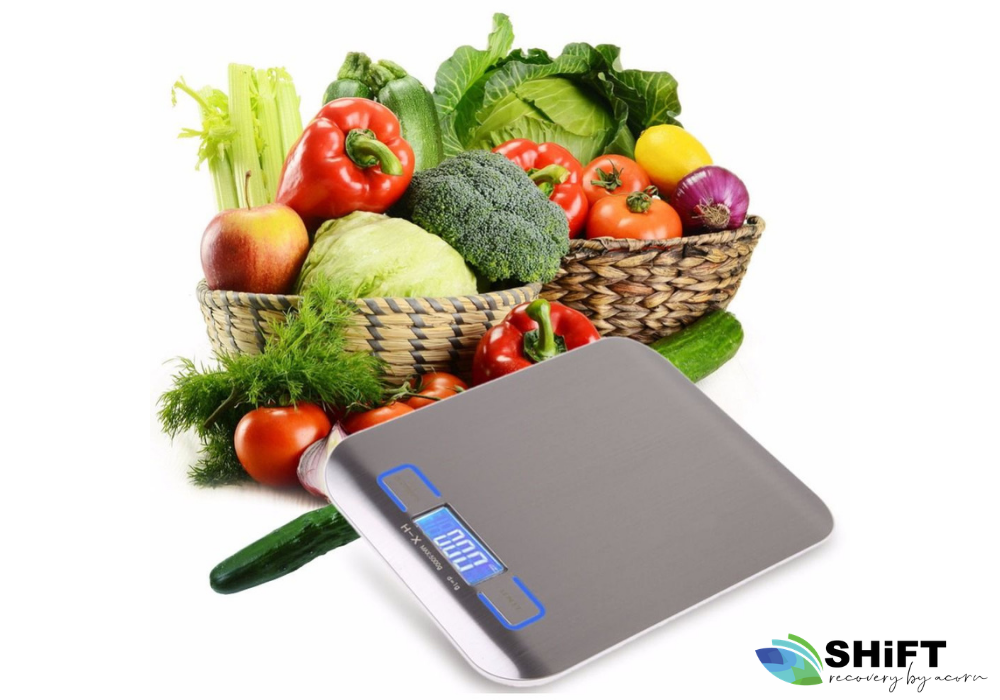
Last night, I looked out the window and saw this year‘s first snowflakes falling. They gently floated down against a backdrop of brightly coloured, twinkling lights.
The peace and beauty of this moment was not lost on me, despite my sudden childlike excitement.
Let me assure you, the holidays haven’t always excited me. In fact, it would be accurate to say that while I anticipated the holidays, I experienced extreme highs and lows in emotions. The holidays can be wonderful in many ways but they can also be stressful. For me, this time of year had the potential to elicit powerful feelings, from joyful excitement one minute to painful loneliness the next. This used to catch me off guard. Looking back, it makes perfect sense. My life was driven by the stresses of overwork, overcommitment, people pleasing and above all, the mental prison of active food addiction.
As Amanda would say, ”thoughts lead to feelings, which lead to urges, which lead to actions”. My thoughts included judgement, for “still being single” and having to face another season’s social gatherings on my own. My racing thoughts centred around how I would shop, bake, decorate, wrap and get everything else done while working 16 hours a day. My punishing thoughts revolved around the fact that I’d “wasted another year” and not lost the weight I’d resolved to. Even with that, my brain still managed to simultaneously obsess over bingeing, restricting, food and cravings.
My thoughts created a storm of feelings such as overwhelm, loneliness, shame and insecurity (just to name a few!). My addict brain offered up the promise of comfort, urging me to isolate and indulge in holiday decadence. This inevitably led to action. I acted every time. I didn’t know that it was possible to interrupt that urge and choose a different action. All I knew was “it makes me feel so good”.
“It makes me feel SO GOOD”.
Until, on December 25th, 2017, I found myself sitting alone in a Starbucks. Isolated from my family and friends, incapable of feeling joy, I was grasping to recapture that “ SO GOOD”. I thought I could find it in the sweet, creamy, holiday beverage that I was quietly sobbing into. I wondered, asking myself out loud, “How did I end up here, like this?”
8 days later, on January 2, 2018, I entered residential treatment for my food addiction.
Today I don’t have to wonder how I ended up where I was. Today I know that this is where my untreated food addiction had taken me. It made my life small, it kept me hidden away from loved ones and ultimately extinguished my already dim spiritual light. Fast forward to today and I am grateful to say that I am still abstinent.
Looking back on my first year in recovery, the very idea of abstinence through the holidays made me feel sad, scared and overwhelmed. I remember thinking there was nothing left to celebrate. What would fulfill me without the ability to eat my family’s traditional favourites? What joy could be had without freedom and spontaneity around food?
Then the thought occurred to me that perhaps I’d never really known freedom. Perhaps my obsession with food euphoria had prevented me from meeting with joy in anything else. That thought gave me a feeling of hope. My hope grew to curiosity and urged me to be willing to put my recovery first. Day after day, I saw myself taking action, practicing the foundational pieces of my program, no matter what. I’ll admit, it wasn’t as easy as I may have just made it sound but it was that simple.
With each year of recovery, the holidays have brought new and different challenges, yet somehow, the challenges feel “less challenging”…. (for more on that, you’ll have to stay tuned for my next few posts!).
What I’ve learned is that I can’t trust my food addiction but I can trust my recovery. My recovery doesn’t discriminate based on the calendar or the events taking place around me. My recovery is there for me, every day of the year, it is the key to my freedom. My recovery allows me to experience every range of emotion, eventually leading me back to profound peace and finding joy, even in the snowflakes and twinkling lights of the holiday season.





